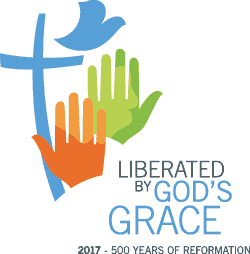1857 Carl Hugo Hahn, the Rhenische Mission’s pioneer among the Hereros, and a colleague made the first of two explotary treks northward. While in Gross Barmen, Hahn learned to speak Otjiherero and translated the New Testament and other religious texts into the language of the local people. He also drafted a grammar of Otjiherero and published its first dictionary. In 1866 he opened a theological seminary. During his visit to Germany in 1873/74, University of Leipzig awarded a honoris causa doctoral degree to Hahn for his research on the language of the Herero, although his domestic servant and interpreter, Urieta (Johanna Gertze) probably had a more than cursory role in the creation of his language studies and publications. Rhenish resources however were rather soon fully extended and Hahn, who was originaly came from Riga and of a German Baltic family, secured help from Finland. With continued Rhenish assistance, Ovamboland in 1870 became the young Finnish Missionary Society’s first (1859) field of endeavor. Six Ovambo men received baptism on 6 January 1883, at the hand of Tobias Reijonen of the Finnish Missionary Society. Memorable among the pioneers was Martin Rautanen, a missionary among the Ovambos for 50 years. His translation of the New Testament into the Ndonga dialect of the people was published in 1903. The complete Bible became available in 1954, the year when the Ovambokavango church became an autonomous body. The first ordination of Ovambo pastors took place in 1925. The first synod was held in 1956 and the Evangelical Lutheran Church in Namibia (ELCIN) got its constitution.
The Evangelical Lutheran Church in South-West Africa ˗ Rhenish Mission, today, the Evangelical Lutheran Church in the Republic of Namibia (ELCRN), was constituted in 1957 as an offspring of the missionary endeavors of the Rhenish Mission in Germany. The church became fully autonomous in 1972 when it elected its first black president. The church embraces several ethnic groups and the church languages are Herero, Nama, Afrikaans and English.
The German Evangelical Lutheran Church in South-West Africa, today, the German-speaking Evangelical Lutheran Church in Namibia (ELCIN-GELC) has been an autonomous body since 1960.

